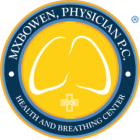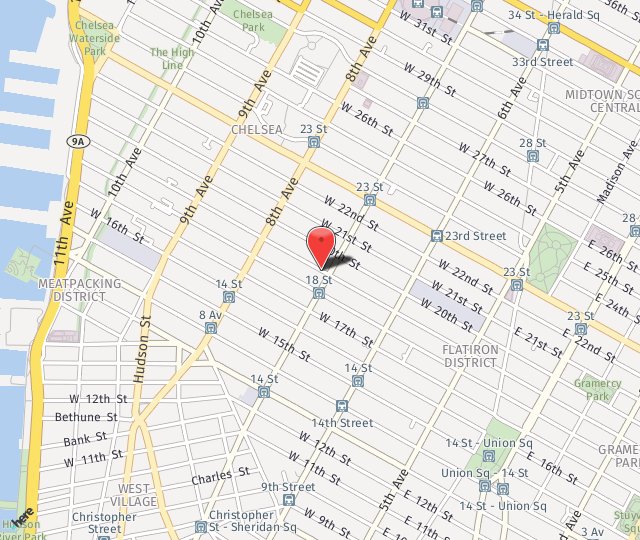
Electromagnetic Navigational Bronchoscopy
If you had an abnormal chest x-ray, one of the more common follow-up procedures is an electromagnetic navigational bronchoscopy or ENB™. An ENB is a special kind of bronchoscopy procedure that uses electromagnetically guided technology to see and map your lungs. This procedure can help your physician view and biopsy lesions that would not be detected with a traditional lung bronchoscopy.
Pulmonary or Thoracic Ultrasound
An ultrasound is a noninvasive, in-office procedure that can be performed to see what is happening inside your lungs. It is often recommended if you are exhibiting symptoms of pneumonia, pulmonary edema, pleural effusion, or pneumothorax. If your chest x-ray indicated a need for it, or if your symptoms include shortness of breath, chronic cough, or tightness or pain in the chest, a pulmonary or thoracic ultrasound may help provide your physician with more information for treatment.
Pulmonary Function Test (PFT)
A pulmonary function test (PFT) is a test that measures your lung functioning. The test is performed by having you breathe into a device that is connected to a spirometer. It can help your doctor diagnose many lung disorders or evaluate the severity of an existing lung condition. Pulmonary function testing is frequently used to assess disease progression and to monitor clinical response to treatment. In addition, the test may be used to assess how well your lungs are functioning before undergoing surgery.
If you have received abnormal chest X-ray images and need to see a pulmonary (lung) specialist, contact our office to make an appointment with Dr. Marc Bowen. We offer same-day appointments so that patients can have their questions answered and undergo further testing as soon as possible.












